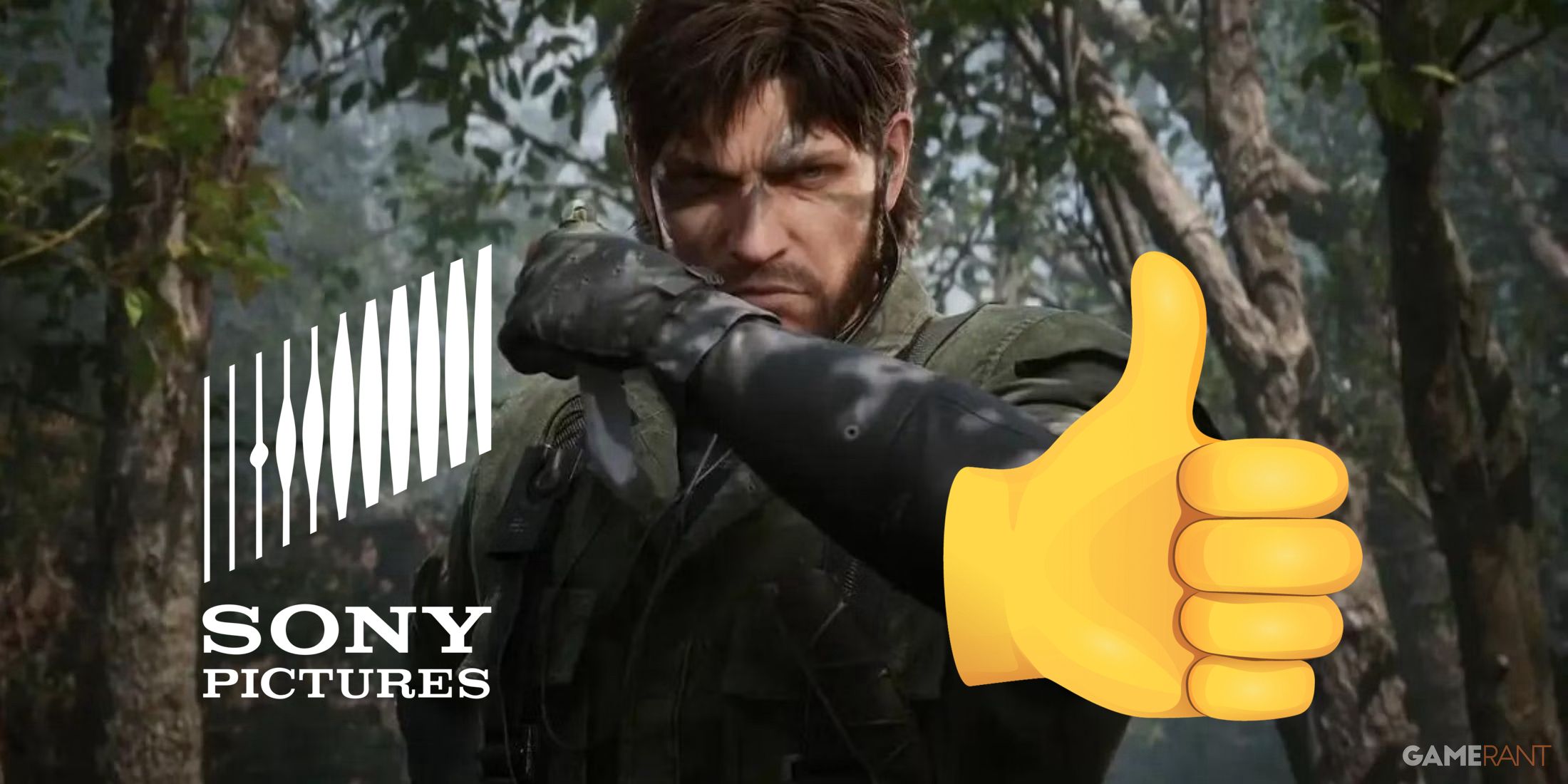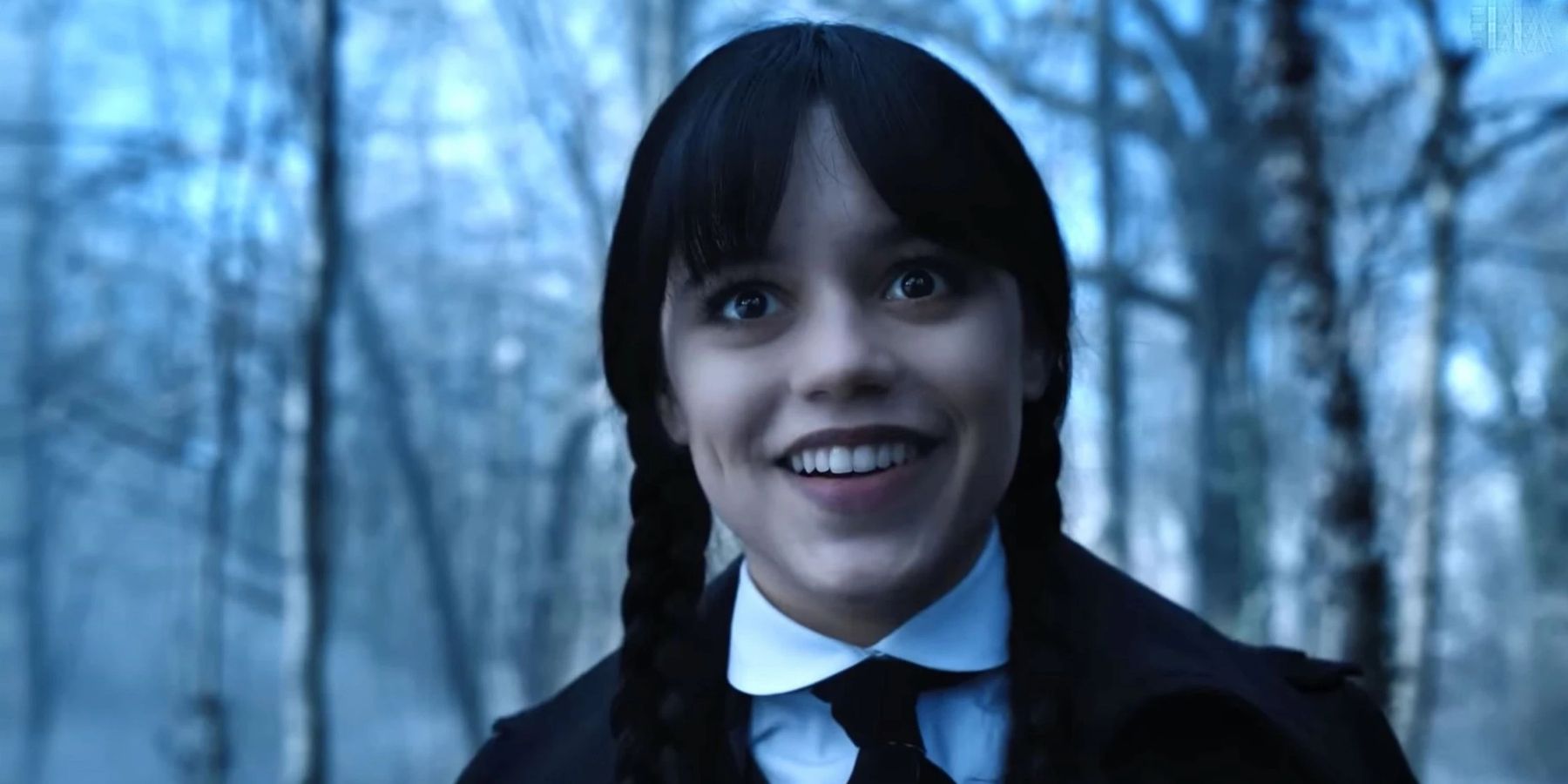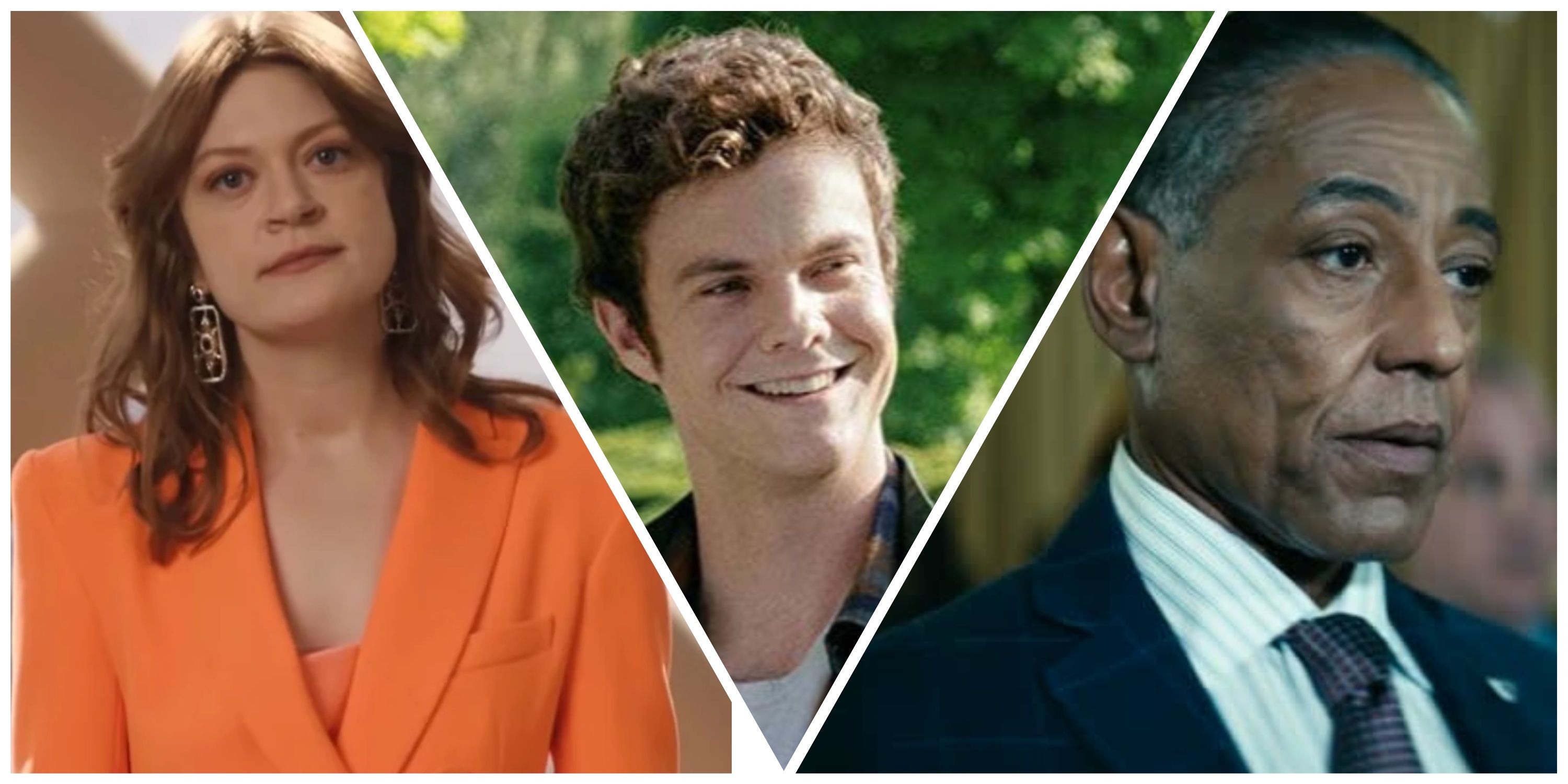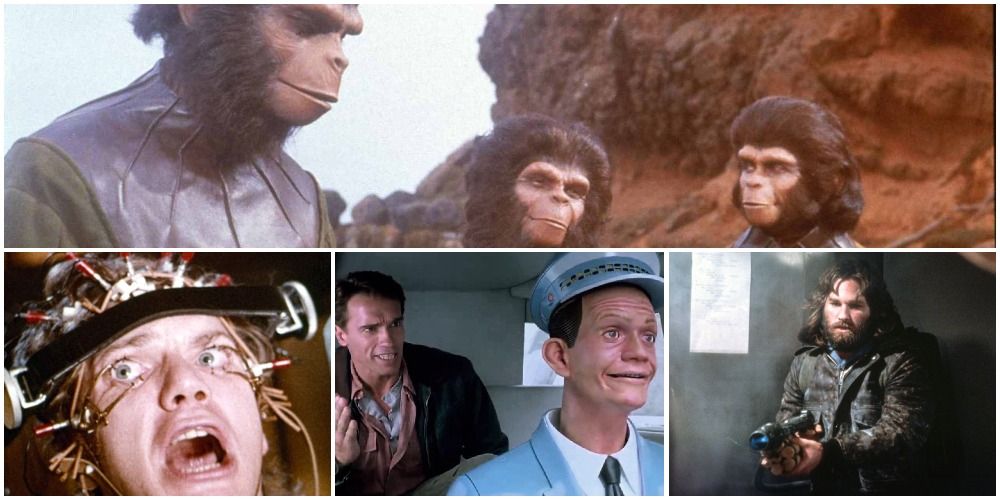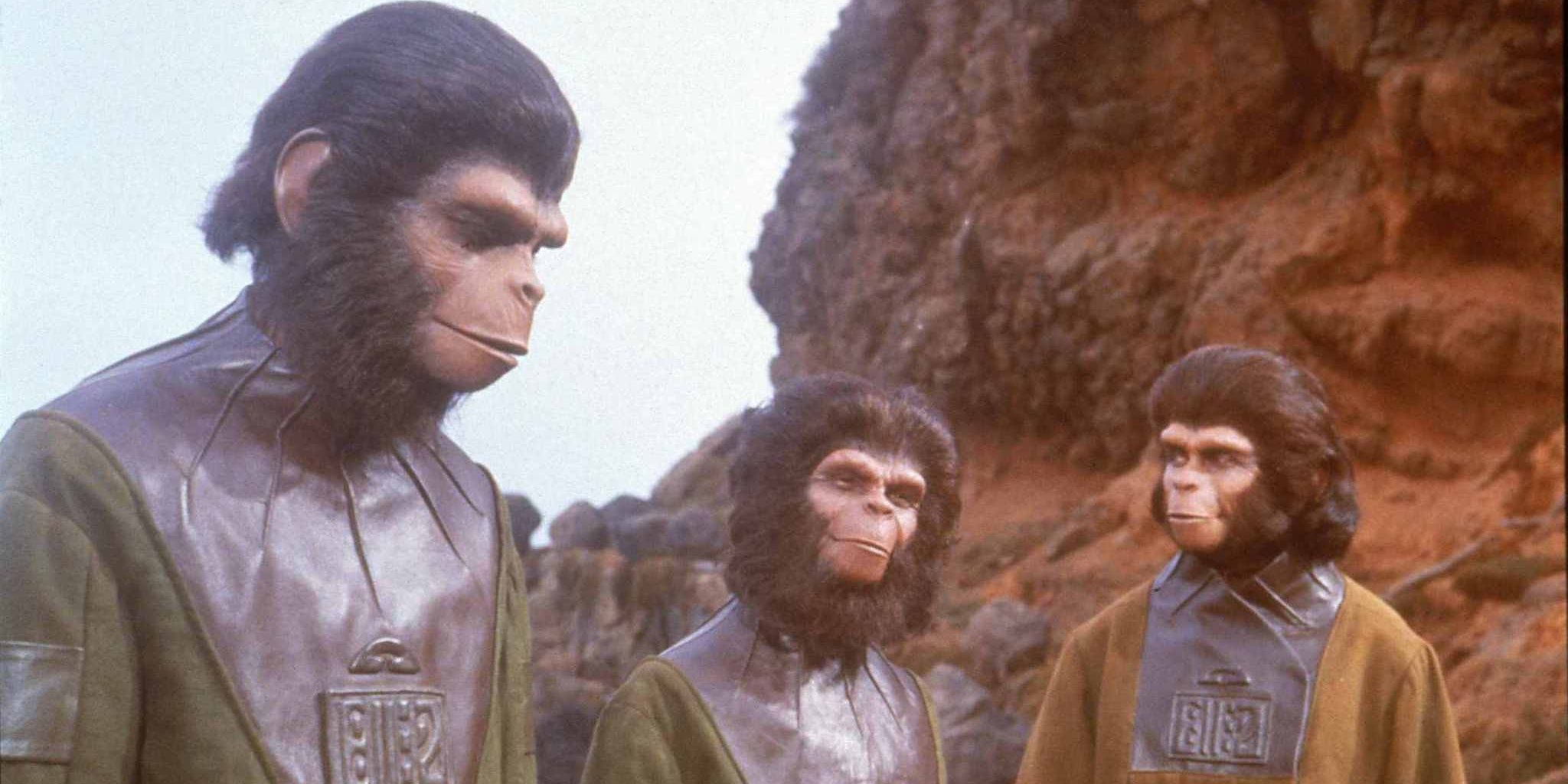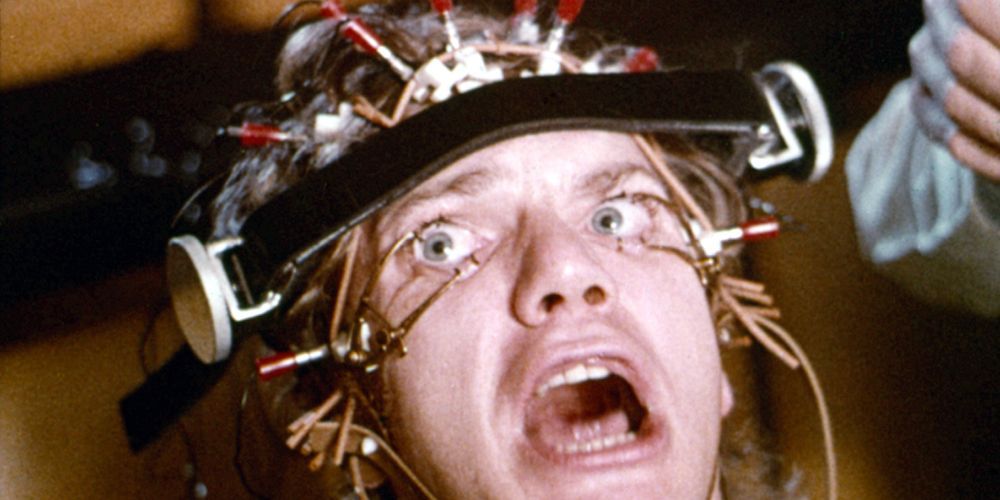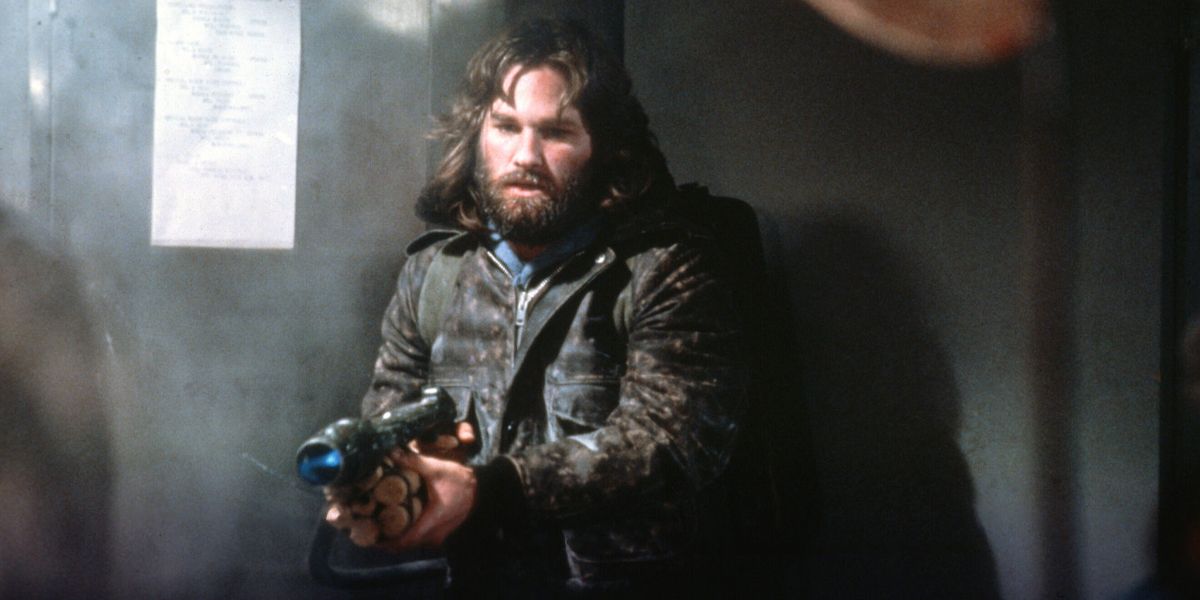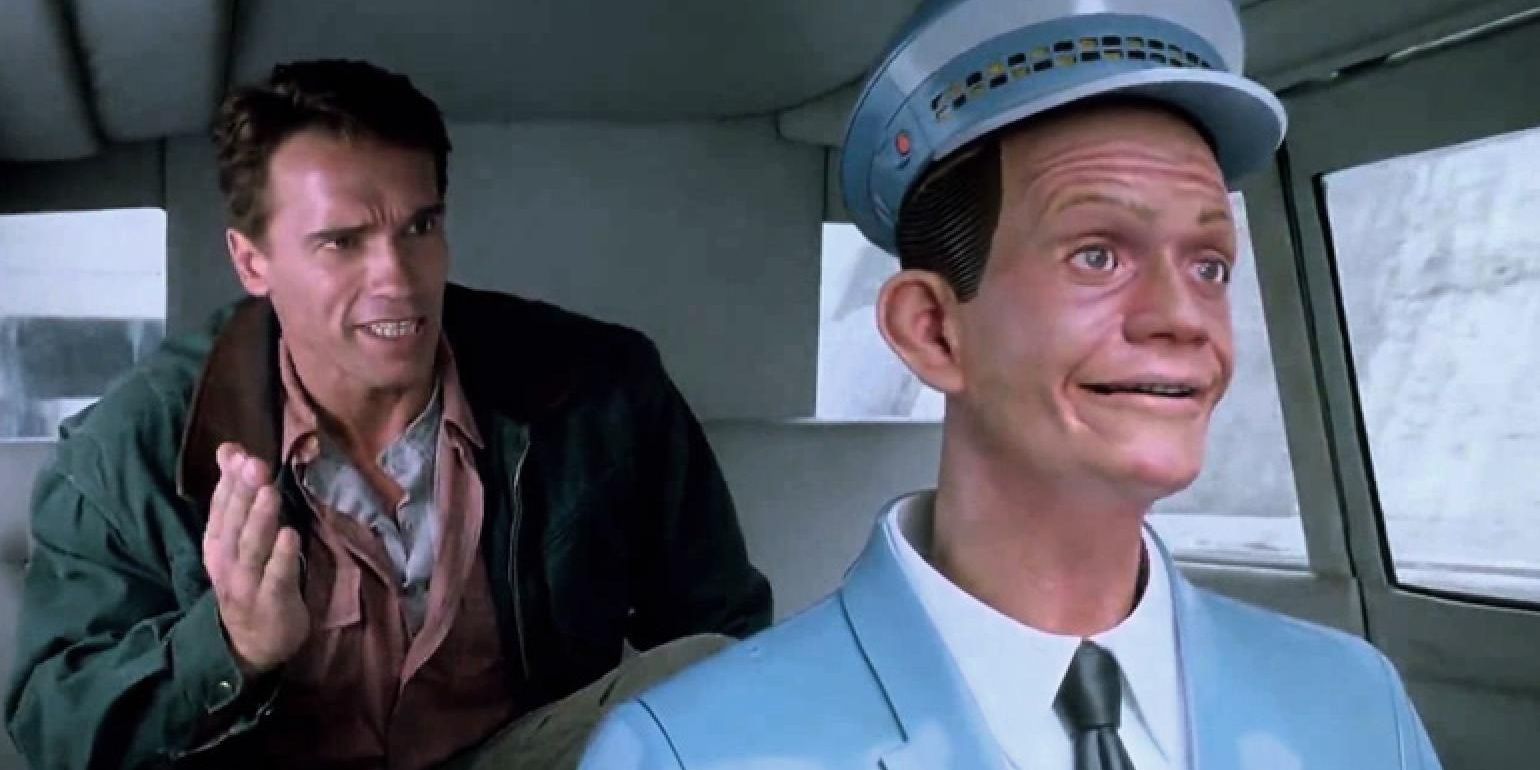Hollywood has always been fond of using literature as a source of inspiration for its films. Bestselling books are a great source of inspiration for writers and taking advantage of a story's popularity can be great for marketing. But sometimes it leads to a strange situation where the film adaptation of a written work becomes such a huge success it becomes better known than its source material. Sometimes this is done deliberately.
Alfred Hitchcock went out of his way to purchase as many copies of Robert Bloch's Psycho to keep people from reading it and finding out the twist before they saw his film adaptation. Other times it is just an unprecedented success or spawns a media franchise that overshadows its inspiration. Science fiction is no exception to this tendency. A lot of iconic science fiction movies are in fact based on books and short stories, and many of them have gained more of a reputation than the literary works they were based on.
6 Planet Of The Apes (1968)
This iconic science fiction movie saw Charleton Heston play an astronaut who travels at the speed of light and finds himself crashing into an alien planet where apes are the dominant species and humans are feral creatures that they enslave and cage... except SURPRISE! The "alien planet" is actually a post-apocalyptic Earth where apes took over after human civilization managed to destroy itself. The film got a lot of attention for its sociological themes and commentaries on prejudice and animal rights, some of which are still relevant to any viewer who can look past the outdated special effects and ape makeup that probably looked better in 1968.
Planet of the Apes was such a huge hit that, despite the efforts of its star Charleton Heston, it became a big franchise that included four sequels, a poorly-received remake, and a series of films chronicling the rise of ape society. And that is not even getting into the failed TV series and attempts at video games. With such a huge property, it can be easy to forget that this whole thing was originally a French novel by Pierre Boulle. "Planet of the Apes" is the English translation of the original book's title La Planète des singes.
5 A Clockwork Orange (1979)
A lot of Stanley Kubrick's films were based on books, sometimes extremely controversial ones that made people wonder how he was ever allowed to make a movie out of. But none of his movies were met with quite as much controversy as his 1971 science fiction film A Clockwork Orange. This was a bizarre creation that disturbed audiences so much it was banned in England for decades. The infamous story of a teenage psychopath who delights in abuse before undergoing an experimental brainwashing process shocked and even traumatized many of its audience. And it was actually based on a controversial book.
A Clockwork Orange was originally written by Anthony Burgess and published in 1963. It had even previously inspired the Andy Warhol film Vynyl in 1965. Kubrick's film follows the book pretty closely, barring a few minor details. Malcom MacDowell's voice-over narration is made up of actual passages from the book. However, the film is easily more accessible than Burgess's novel simply because it can use visuals to help tell its story.
The original book is really difficult to read because its prose relies on a made-up slang called "Nadsat" that almost feels like another language. This language is used throughout the film, but being able to see what is happening makes it easier to follow.
4 The Thing (1982)
John Carpenter's tale of paranoia and trying to stay rational against something that defies rationality may have bombed on release, but it eventually found a large fanbase through television broadcasts and became a classic.
The story follows the crew of an Antarctic research base besieged by an alien organism so strange the only word anyone can find to describe it is "thing." The catch is that the Thing not only infects people but also creates identical copies of them. Tension mounts as the men try to figure out who is still human. The Thing's presence is constantly felt but much of the conflict comes from trying to find a logical way to defeat an enigmatic chessmaster of an alien.
The film's story was actually based on a novella published in 1938 called Who Goes There?, which had previously been loosely adapted into 1951's The Thing From Another World. Carpenter was a huge fan of this film but wanted to make something closer to the source material. The Thing simplifies some parts of Campbell's story, but overall is pretty faithful to its inspiration. However, this being a Carpenter film, The Thing is a lot bleaker than its inspiration. Where Campbell's novella ended with the alien being successfully defeated, the film leaves things uncertain.
3 Total Recall (1990)
Arnold Schwarzenegger plays a construction worker who wants to go to Mars, so he tries a new service that promises to give him memories of the greatest Martian vacation ever. They go all out, creating a whole story about him being a secret agent - only it all falls apart when it turns out he might actually be a secret agent from Mars. Craziness ensues as Schwarzenegger goes through various twists and turns trying to get to the truth of a conspiracy that may or may not actually be happening - eventually ending up on Mars and starting a revolution against an evil corporation that literally charges people for the air they breathe.
A lot of people don't realize this crazy romp was actually inspired by a Philip K. Dick story called We Can Remember it For You Wholesale. Like the film, Dick's story centered on a man who pays for false memories of a vacation to Mars only for things to spiral out of control when it turns out he may actually have been a secret agent from Mars.
Total Recall goes slightly further than its source material-the later act where Arnold goes to Mars was a creation of the movie. However, the first half-hour is actually a pretty faithful adaptation of We Can Remember it For You Wholesale outside of a few details like the name "Quail" being changed to "Quaid".
2 Jurassic Park (1993)
1 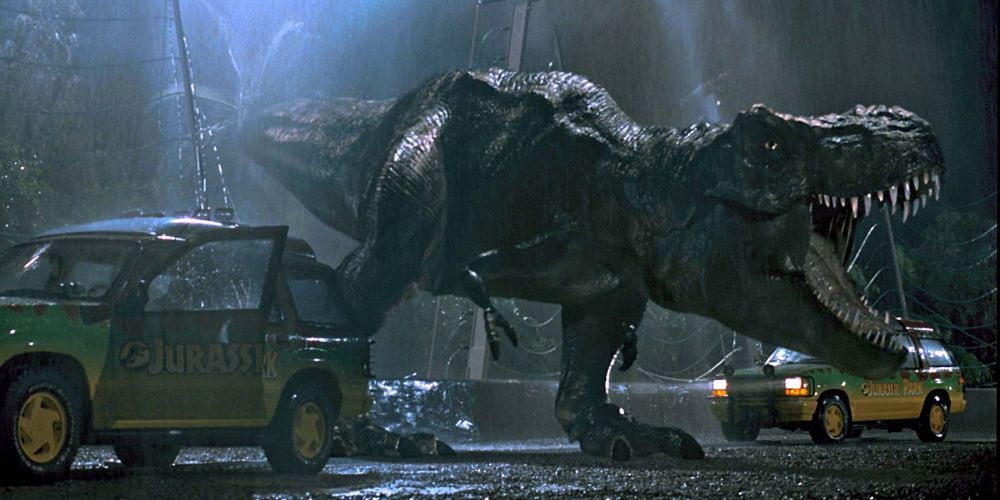
Steven Spielberg's big dinosaur blockbuster was a huge deal when it first came out for several reasons, one of the biggest factors being its revolutionary use of CGI to make some pretty convincing dinosaurs that still look great today. The basic theme behind it was a fairly straightforward one - the dangers of pushing the boundaries of science simply because the means to do so exist.
In this case, cloning dinosaurs for no other reason than the technology to do so being there. The idea of building a theme park/zoo where viewers can witness living dinosaurs turns out to have some unforeseen consequences.
The film's popularity went on to inspire a media franchise that included five sequels, several video games and comics, and a lot of toys. Amidst the chaos of the franchise, it can be easy to miss the detail that Jurassic Park was originally a novel by Michael Crichton, author of Westworld, and 1978's The Great Train Robbery. This does make sense in the case of the former, due to Westworld and Jurassic Park both following a similar premise of a gimmicky theme park gone wrong.

